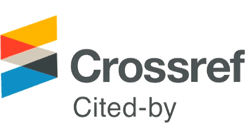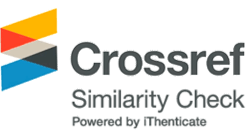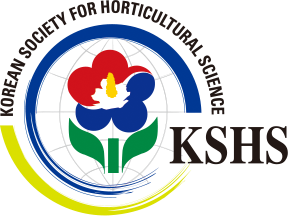‘Jangha’ is a new strawberry (Fragaria x ananassa Duch.) cultivar, which was released by the Highland Agriculture Research Institute in 2014. The ‘Jangha’ cultivar originated in 2008 from a cross between ‘Goha’ and ‘Elsinore’ that showed excellent ever-bearing characteristics, including continuous flowering habit and high soluble-solids contents under long-day and high temperature conditions. This cultivar was initially named ‘Saebong No. 6’ after examining its characteristics and productivity in summer culture from 2010 to 2012. After two regional adaptability tests in 2013-2014, ‘Jangha’ was selected from Saebong No. 6 as an elite cultivar. The general characteristics of ‘Jangha’ include semi-spreading type, elliptical leaves, and moderately vigorous growth. The fruit are conical in shape, and red in color. ‘Jangha’ plants have 21.4 leaves, 55.8 fewer than ‘Flamenco’ plants. The soluble-solids content of ‘Jangha’ was 8.9%, which was 1.2% higher than that of ‘Flamenco’. The average fruit weight of ‘Jangha’ was about 11.7g and the marketable yield was 19,013 kg·ha-1, 141% higher than ‘Flamenco’. ‘Jangha’ is suitable for summer season cultivation as a high soluble solids contents cultivar, because it shows continuous flowering habit under long-day and high temperature conditions.
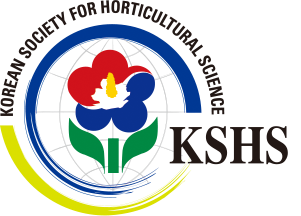


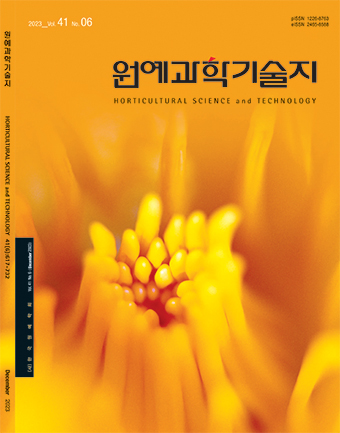 Horticultural Science and Technology
Horticultural Science and Technology




